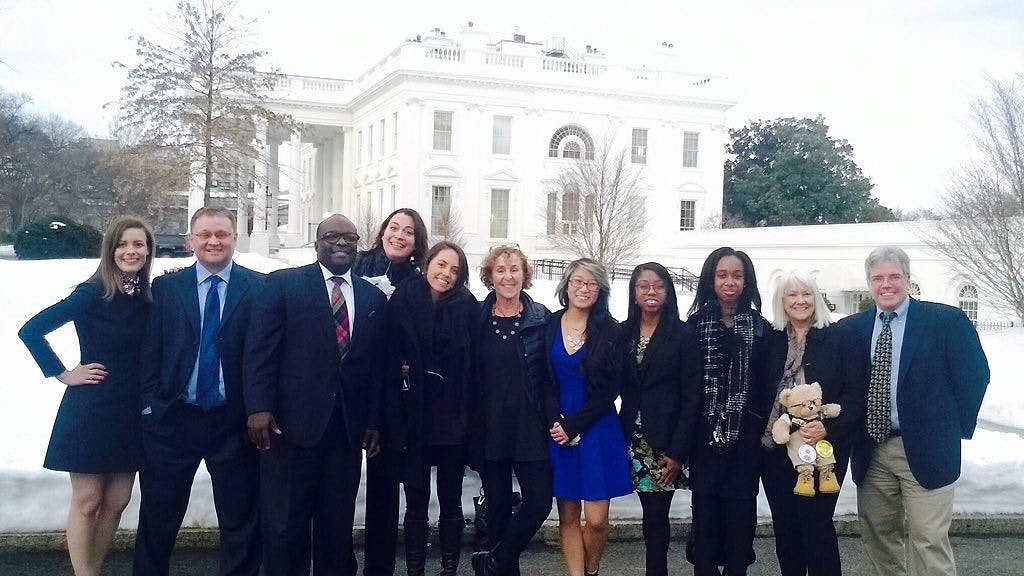Although an event that was scheduled to highlight the nine “White House Champions of Change for Computer Science Education” on Jan. 26 was cancelled due to inclement weather in the East Coast, Jane Margolis and her fellow honorees received an even bigger prize – the opportunity to meet with representatives of the Obama administration to discuss the need for greater equity in computer science learning.
“The event was supposed to be in an auditorium with about 200 people, and different panels,” says Margolis, senior researcher at UCLA’s Center X. “What they ended up doing was putting all the awardees in a room in the White House complex around a table, and we got to have these conversations where top-level administrators would talk a little bit about their policies and what they are pursuing, and what the priorities are of the White House around issues of computer science, education, and equity, and broadening participation in computing. They would ask for our insights and what we thought were the priorities.
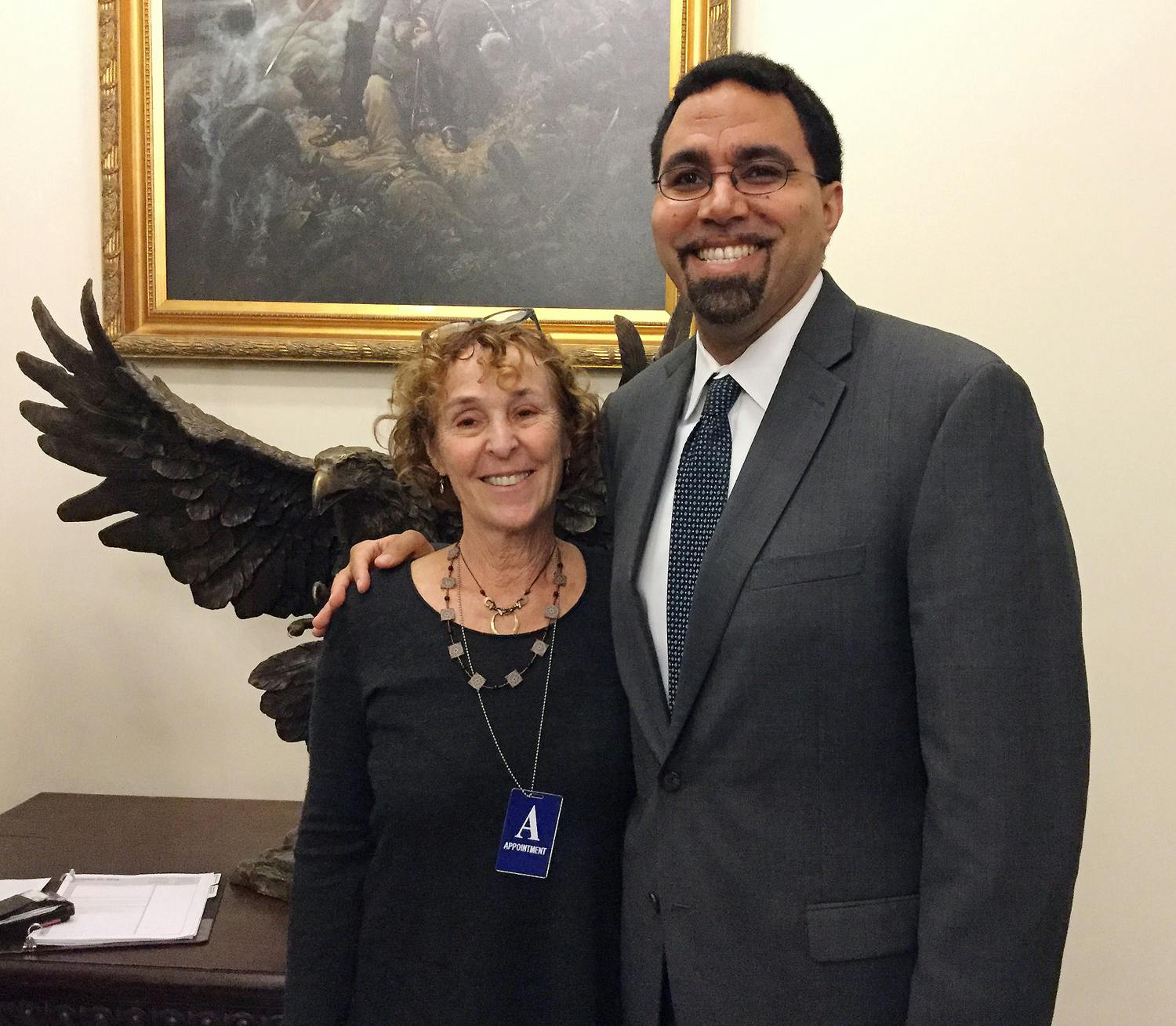
“What was the most rewarding for me was meeting all of these Champions and the discussions were all focused on the question of assuring access for African Americans, Latinos, and females in computer science, and the intersection of educational inequities in computer science. These were really rich discussions in which everyone was focused on the same mission.”
Margolis and her fellow Champions met with Valerie Jarrett, Senior Advisor to the President of the United States and Assistant to the President for Public Engagement and Intergovernmental Affairs; John King, Acting Secretary of Education; Ed Felten, Deputy U.S. Chief Technology Officer, White House Office of Science and Technology Policy; Megan Smith, U.S. Chief Technology Officer, Office of Science and Technology Policy. Gillian Jacobs, actress and director, and Meredith Walker, co-founder and executive director of Amy Poehler’s Smart Girls were present to videotape and participate in the conversation.
At UCLA’s Center X, Margolis investigates why so few women and students of color are learning computer science. Based on research discussed in her books, “Unlocking the Clubhouse: Women in Computing” and “Stuck in the Shallow End: Education, Race and Computing,” she and her Center X colleagues, with support from the National Science Foundation, created Exploring Computer Science (ECS), a high school curriculum and teacher professional development program committed to reaching all students, especially those in underserved communities and schools. ECS now exists across the nation, including in seven of the largest school districts.
While Margolis was in Washington, President Obama – the first U.S. President to learn how to write a line of code – announced his Computer Science for All Initiative, which will fund states and school districts to increase access to teacher training and high-quality instructional materials. The initiative will also charge more governors, mayors, business leaders, and other stakeholders with getting involved in expanding computer science learning with philanthropy and training opportunities. Margolis says that President Obama’s vision will require school districts and states to create five-year plans for the expansion of their computer science education programs, and that issues such as curriculum and pedagogy, professional development for teachers, equity issues such as perceptions of who can teach computer science need to be fully considered.
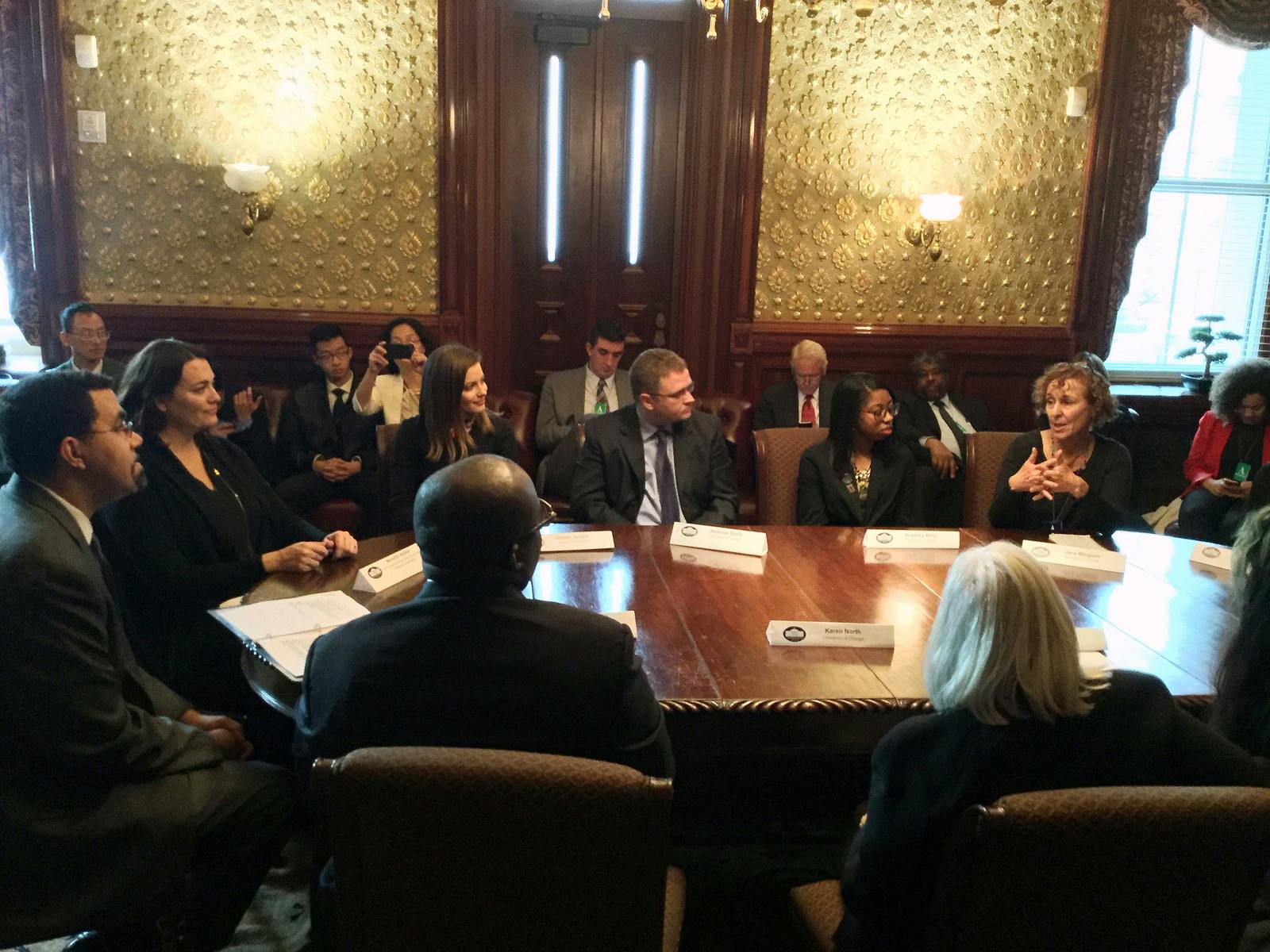
“We are faced with incredible responsibility to make sure that school districts and state work in partnership, so that all of these equity issues are [front and center],” says Margolis. “It has been a field where there are so many biased beliefs about which groups of students can excel in computer science and which groups cannot. Our responsibility has been upped in terms of assuring that the equity issues remain at the forefront, and success is not measured based solely on how many students start to take computer science classes. We want to make sure that students are included, and that it is not again, a very stratified, homogenous group that are engaged.”
Margolis says that another challenge is not only making sure that access to computer science learning opportunities are equal, but that instruction is culturally relevant and connected to real life situations – and careers – for students to become creators rather than merely consumers of technology.
“Computer science is a driver of innovation across all fields,” she says. “So, if someone wants to be an animator for films, a mechanic, a doctor, a nurse practitioner… even just being a citizen in a democracy, reading the news about policy, and getting your voice heard as an activist – all of it is facilitated if you know some computer science.”
Shortly after the Champions of Change met at the White House, Margolis addressed the National Science Foundation, sharing her work of more than 20 years in expanding access to computer science education for students of color and women. She also met with policy directors from the Congressional Black Caucus, the Congressional Hispanic Caucus, and the U.S. Department of Education.
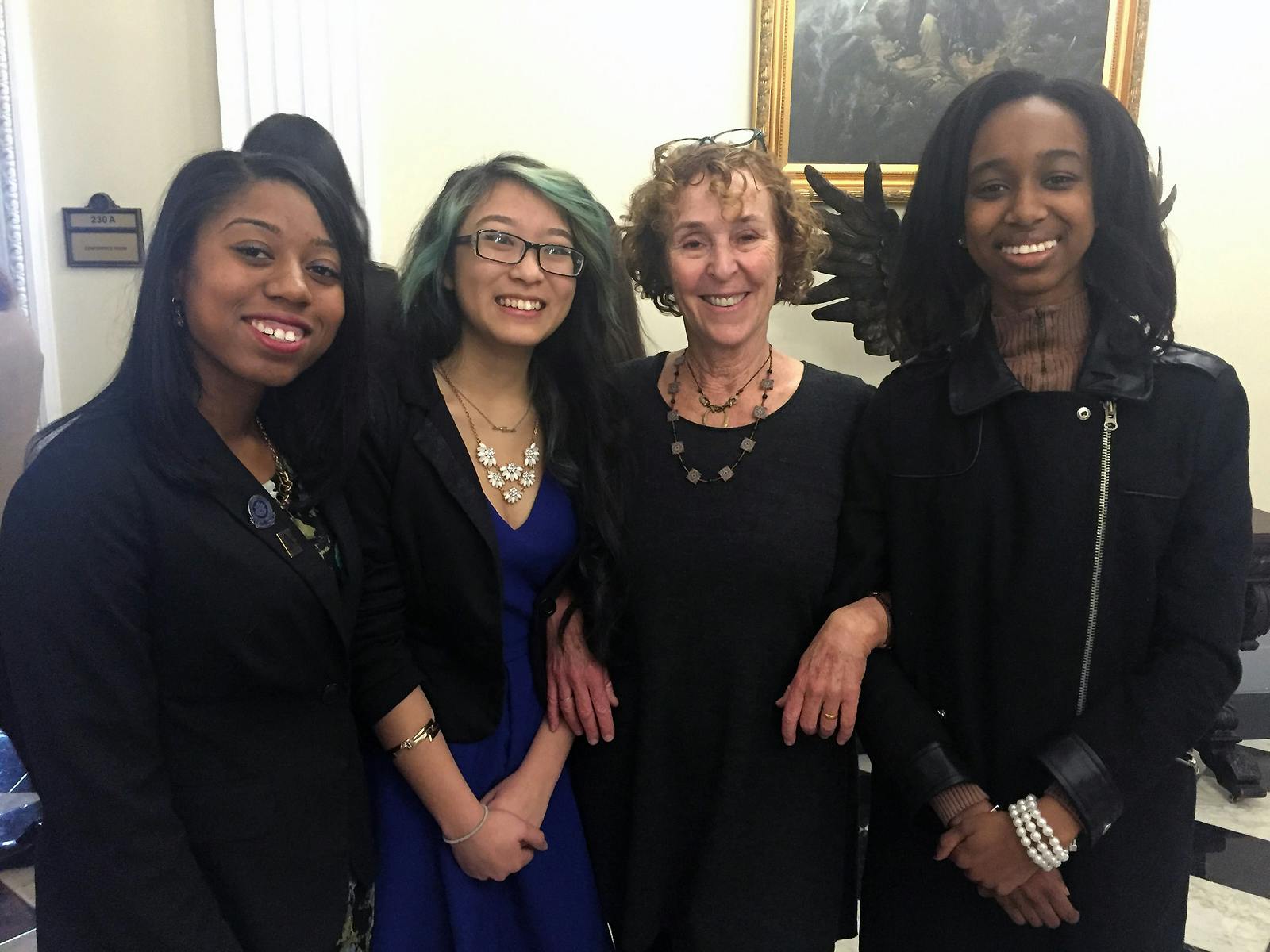
“Kendra Brown, policy director of the Congressional Black Caucus, described the conversation as a ‘perfect storm’ of the [computer science community] coming together with their priorities, which are educational inequities and looking at what is happening with African American and Latino kids in schools, the need for more computer science education, and the lack of diversity in the tech world,” notes Margolis.
Within ECS, Margolis says, students have opportunities for project-based learning, where they apply their computer science knowledge to addressing issues and causes that are meaningful to them. She dedicated her Champions of Change award to “EZMoney” Harper, a UCLA engineering student and ECS alum who died in a motorcycle accident last December, and to all students who want to use their computing knowledge for social good.
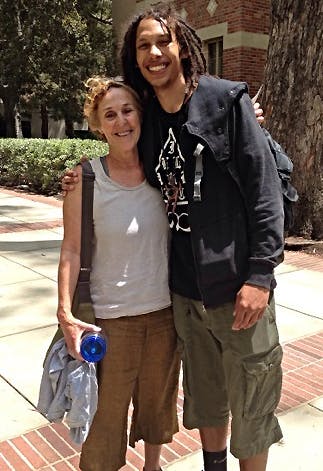
“EZ was in our ECS program at Washington High School,” says Margolis. “At a UCLA summer program, when EZ was still at Washington Prep High School, he designed an app for people who were helping the homeless, so they could have information on where the closest open facility for shelter or care was located.
“What inspires me is ECS students and teachers,” says Margolis. “ We want to show students that computer science can be, and should be, connected to empowering communities to do good and connected to being active citizens and innovators in the world.”
Margolis says that being chosen as a Champion of Change for Computer Science Education has been gratifying, with recognition for her work locally and nationally.
“It is wonderful to have a part of the President’s agenda supporting our mission, as well as others engaged in this work,” she says. “It has also been incredibly and personally rewarding to witness students achieving and learning more than they ever imagined they could.
“I also see the study of computer science education as a study of how inequality gets reproduced and how segregation happens,” she says. “We have learned from our research and are now doing something about this problem. Computer science has been an extremely segregated field. If we can tear down the walls around this field so that all students have access, get engaged with this knowledge and feel that they belong, then we will have accomplished a lot.”
For a video celebrating the White House Champions of Change for Computer Science Education, click here.
Courtesy of Amy Poehler’s Smart Girls
